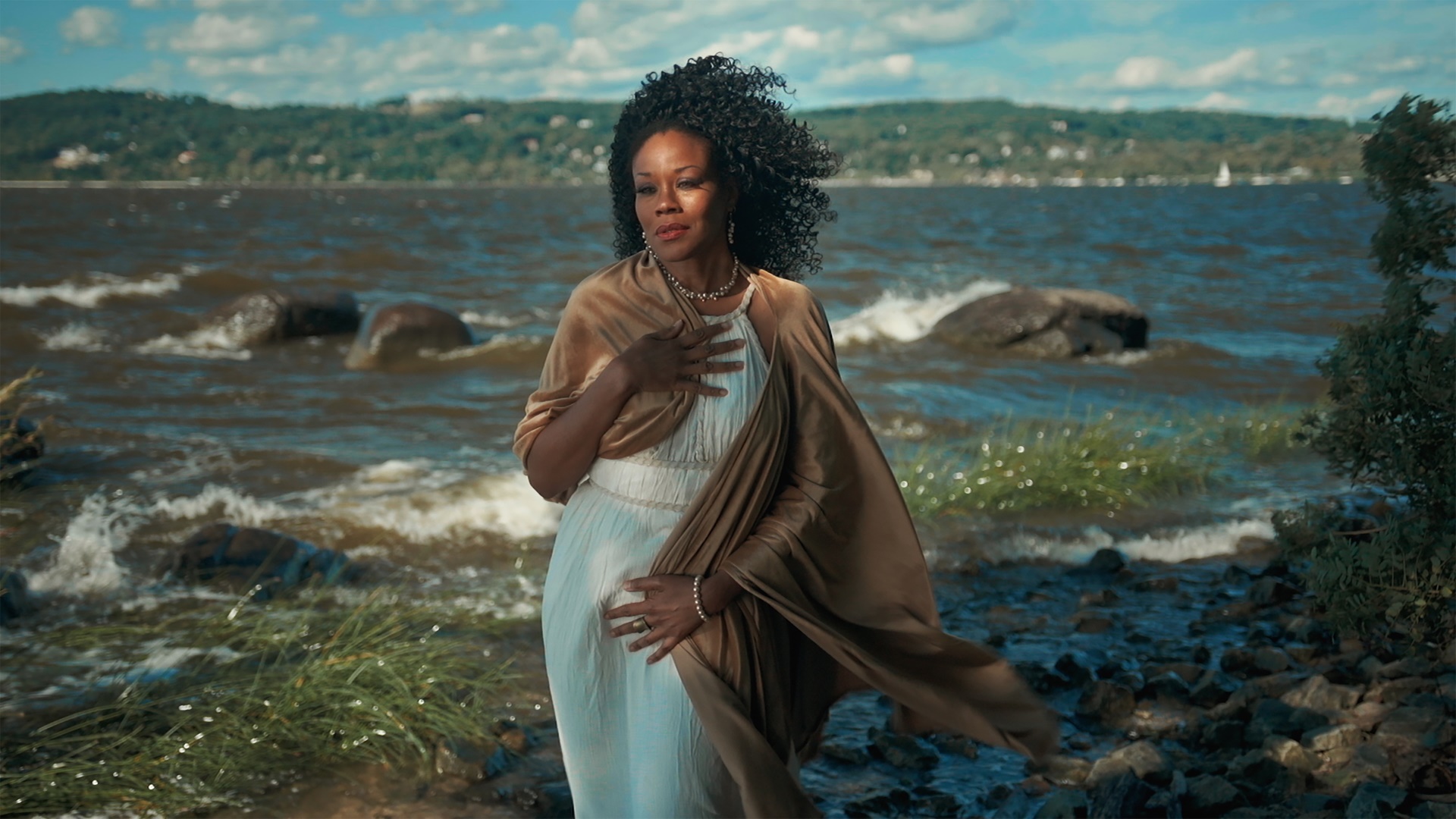Holding Back the Tide
(USA, 78 min.)
Dir. Emily Packer
Section:Metropolis Competition (World Premiere)
The term “queer icon” is thrown around quite loosely these days, but never has the title been stretched greater than to include the New York oyster. The slimy seafood has long been an absurd cornerstone of fine dining, an aphrodisiac, and little else, but director Emily Packer is ready to unearth the creature’s mythology and turn it into the genderqueer sex symbol she knows it to be. Her exploration begins with Sue Wicks, a former Basketball star turned oyster farmer, who explains that the bivalve mollusk is able to change its gender at will. “It’s not just arbitrary,” she insists, cracking open one of the many lined oyster cages in which she breeds the now endangered species. “It’s always the harmony and balance of what needs to be done.” The creature changes its gender to maintain a balance between male and female populations in the water.
This one nugget of information, which could otherwise be shrugged off as a fun fact, plants a metaphorical seed that sees Packer comparing oyster populations to queer communities. The comparison is incredulous at face value – perhaps even offensive taken out of context – but bears fruit far more quickly than any unsuspecting viewer would believe. Packer combines observational vérité with queer-led dramatic and essay interstitials to illustrate the similarities: they both rely on organized community, they both contribute to society and are displaced and commodified in return, they both are sexually activated through the human mouth (you slurp oysters, after all), the list goes on. Holding Back the Tide is as much an informative nature documentary and it is an essay on queer self-discovery and reclamation, a combination that makes for a quietly audacious hybrid documentary and, by all accounts, one of the year’s most inspired films.
Packer’s mosaic approach to portraying every facet of the oyster’s history and impact is incredibly comprehensive and often revelatory. One segment with landscape architect Pippa Brashear highlights that oyster reefs are able to break large waves and protect beaches from coastal erosion, which is directly tied to the devastating impact of Hurricane Sandy on many New York communities. Meanwhile, an earlier segment shows one shop copiously selling their own oysters in the very same state. Packer also portrays many different individuals and organizations determined to replenish nature’s supply of oysters, though it’s clear that things need to be happening faster. However, juxtaposed to a vignette of excited children exploring oyster ecology in an aquarium museum, there are glimmers of hope. It’s an environmentalist call to action that never gets bogged down in rhetoric or cynicism.
Meanwhile, Packer’s documentary segments are only strengthened when put into conversation with the film’s more experimental and, at times, playful sequences. One introduces a luminous Dragonfly Wilson as Afrodite, the female Greek goddess of love and sex redefined as gender-neutral god of the oysters. (Wilson herself is non-binary.) They drop one of their magical pearls into the path of an unassuming queer youth who, after swallowing it, sees visions alluding to their own coming out. These dreamlike montages are cut together with explosive colour and sensual sound design, an artistic explosion in comparison to Packer’s intentionally mild vérité. A separate character is a newsboy capped-narrator (T.L. Thompson) who, reciting poetry written by Packer, evokes the oyster’s connections to exploited Black labour and class disparity. After all, there’s a reason oysters are almost exclusively served in high-end restaurants and eaten by the elite. It didn’t always used to be this way, and Packer – in both vérité and scripted forms – provides a voice for these communities who have had their legacies expunged from the record.
Holding Back the Tide strikes an entertaining balance between its two aims, flowing freely in its experimental style while never getting too lost in its abstract, spiritual connections. It also never loses sight of its brisk pace at a blissful 78-minute runtime, covering a variety of topics without ever becoming indulgent (more experienced directors should take notice). In fact, one could even argue that Packer earns the mileage to give her cast of characters more to do. Her dramatic segments are her most creative and remind us that Packer contains beautiful multitudes as a filmmaker. However, her cheeky artistry bleeds between forms. One euphorically funny real-life sequence toward the end of the film sees Moody Harney, founder of the Mother Shuckers, help an array of New Yorkers lose their oyster virginity. Featuring several far-too-close ups of mouths devouring oysters scored to soaring opera, it is a literally orgasmic moment that helps the film maintain its balance of cultural critique and self-awareness of its own absurdity.
At the risk of sounding hyperbolic, Holding Back the Tide is a testament to the power of cinema. It is only in this medium that an artist could explore such an initially wacky idea with this much boundless expression and visual precision. Few films are inspired by a conceit this bold, but even fewer films so gorgeously justify it. With this sophomore feature, Emily Packer has emerged as one of the industry’s most exciting new voices.














